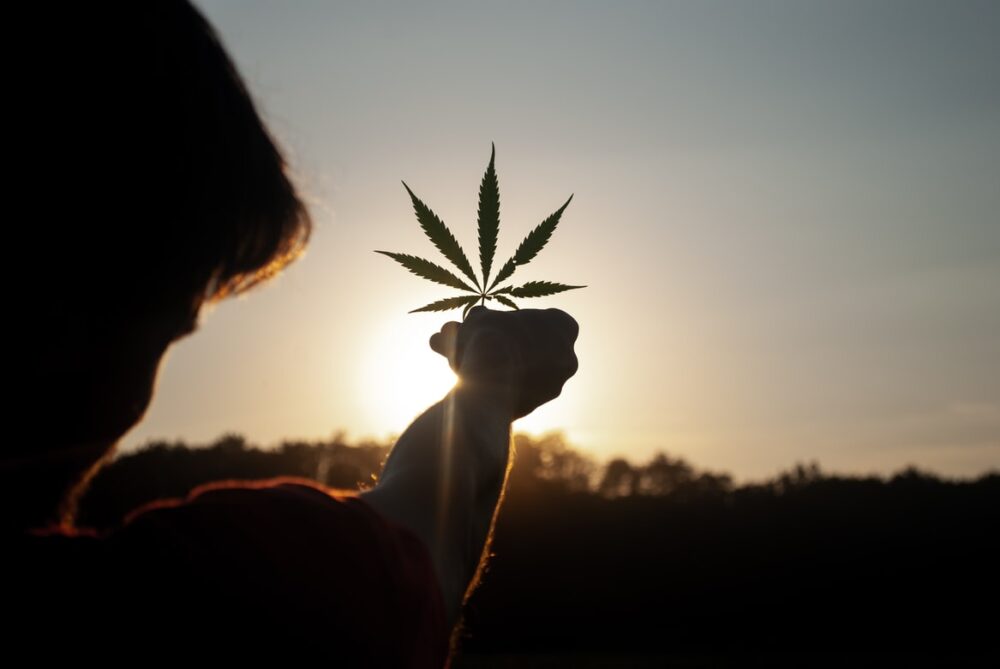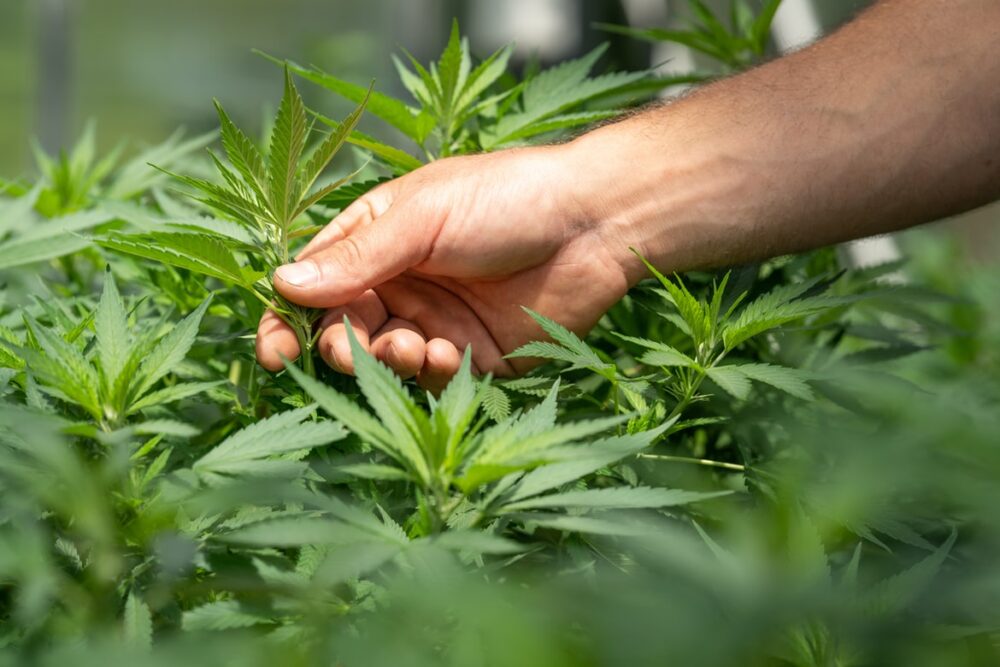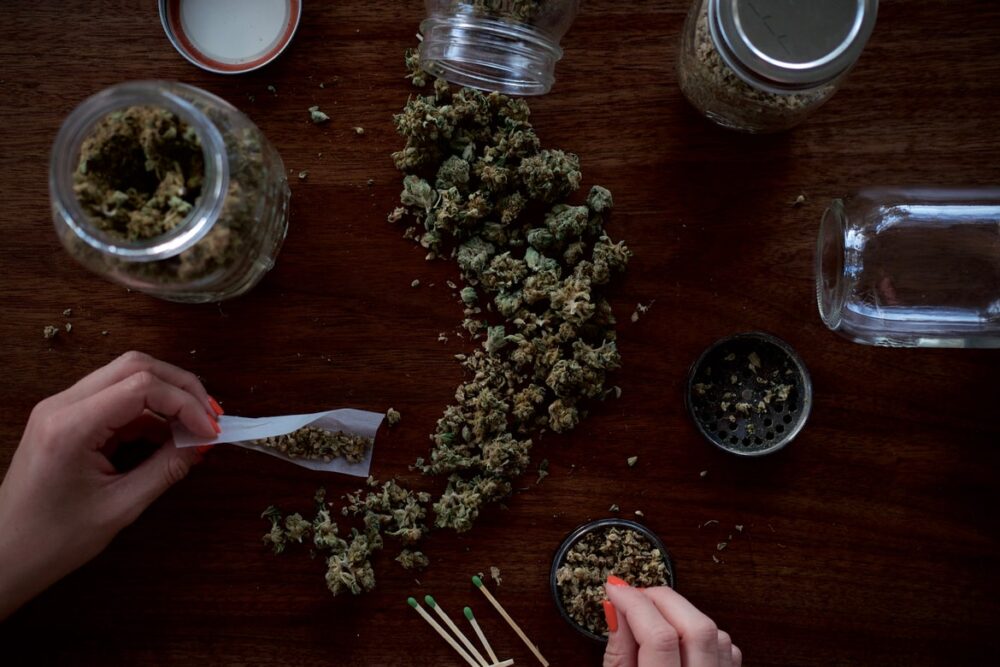Cannabis is slowly becoming legal around the world, but there is still a stigma associated with using it. Even so, there are still many places where this plant is illegal to use.
In order to better comprehend the way toward turning into a cannabis purchaser, by reaching out to individuals who were new to the plant and asking them about the factors that influenced their decision to try it.
It is possible to talk with budtenders or get help at Homegrown Cannabis Co. which always plays a unique role to pass information to another generation of cannabis clients. Taking a look at the fundamental aspects that keep individuals from trying cannabis together, we discovered what changed their perceptions about this substance.
1. Various Advantages
Most new cannabis consumers are attracted to marijuana because of its reputation as a cure where other drugs have failed. However, although we frequently refer to legal cannabis as “sporting,” most of the people I spoke with who tried pot admitted that they used it to treat their ailments.
In addition to promoting cannabis awareness, the U.S. government should support state-run research that can prove the safety of cannabis. This is the only way to develop a safe and effective drug. It should be available to the public in a legal form. There are many states that are working to decriminalize the drug. Several state-run research programs are gaining momentum. This includes a large number of studies involving patients with chronic pain.
2. The Effect Of Cannabis Varies

Different methods of consumption produce different effects. When smoked, it produces a euphoric effect that can last for up to two hours. The effect of cannabis is different in every consumer. It has a high psychoactive effect and can make the user feel relaxed. Its effects can last for two to six hours.
Depending on how much cannabis is used, it can affect the brain’s function. For example, THC can affect the brain’s ability to control urination. It also causes an impaired sense of time. It can affect balance. It can interfere with mental activity.
The effects of cannabis are still unknown, but the scientific community is working to raise public awareness of the drug. Its legalization has increased the amount of marijuana in the U.S., and it is widely accepted in other countries.
3. The Way You Say It Makes All The Difference
When we impart cannabis knowledge to our listeners, we do so with a purpose. Cannabis is frequently portrayed as one or the other senseless or risky in-jokes. In addition, there is the option of using CBD-based products rather than THC-based ones. Thus, CBD will still be able to provide all the benefits but will not make you high. See the difference at https://homegrowncannabisco.com/high-thc-seeds.
A long history of being an illicit substance has resulted in a rich lexicon of slang terms referring to cannabis (“the fallen angel’s lettuce;” undisputed top pick). In spite of the rich culture of cannabis, learning some legitimate terms and having the knowledge to have a genuine conversation on the matter helps legitimize the conversation.
The term “pot” is concerned carries a negative connotation with numerous gatherings because of its genuine connection to biased views. Know that it has a tendency to be ineffective and hostile to various discussions. You might be able to get Grandmother’s attention if you referred to them as blossoms rather than “wet nuggets.”
The use of cannabis is complex and varied, with a variety of subtleties and nuances. For everyone to benefit from cannabis culture, we need to understand the people who use cannabis in unexpected and different ways from those we appreciate or know.
4. Cannabis Education

The purpose of cannabis education is to increase public awareness about the benefits of cannabis. Its resources include policy analysis and educational talks on marijuana and health. In a recent survey, more than 73% of users reported finding the tool useful and helpful. Several online programs were aimed at increasing knowledge about cannabis and improving motivation to address the issue. It contains modules on medical cannabis, e-cigarettes, and alcohol. It helps educators choose lessons that will benefit their students the most. The worksheets and
5. How Do You Define Pot?
The purpose of cannabis awareness is to promote the safe use of cannabis. Its efforts are based on the perception of risk associated with the use of the drug. In addition, it also works to reduce stigma around the drug.
In order to have a meaningful discussion about cannabis use, we must understand the various experiences and associations others have had with cannabis in their lives. Cannabis connections are not all positive, and reducing such encounters only increases the gap in understanding.
In addition, cannabis is clearly not a sporting substance to a vast portion of the population who use it every day; it is a life-saving medication, and discourse about it carelessly or insignificantly, even in a positive light, can be harmful. You can widen a person’s understanding by practicing sympathy and comprehension whenever discussing cannabis.
6. Use Responsibly

A sure way to make a negative relationship with cannabis is to push someone beyond their usual range of familiarity. Depending on the individual and even the use strategy (such as smoking versus eating edibles), cannabis resilience can vary widely. Like food, liquor, or any other substance we put in our bodies, going beyond our cutoff points can cause great disappointment and generate long-lasting negative relationships.
It does not matter how a person feels about cannabis. If they are met with judgment and close-mindedness all the time, it is unlikely that they will improve. There have been one million unique lives impacted by cannabis since the very beginning. A moral, open conversation can lead to the cultural movement towards embracing its benefits.
Bottom Line
The stigma of marijuana is a significant issue to discuss. Its negative connotation and negative perception have caused Americans to be wary about its legalization. The War on Drugs, in particular, has contributed to this negative stigma. The advancement of the cannabis industry has only served to add more fuel to the fire. If this is addressed, a positive change is sure to follow. A good education can be a powerful tool for preventing the spread of illegal substances.
In addition to its social and economic benefits, cannabis is also a legitimate drug. It is illegal in all but a small number of countries. In some of these countries, it is considered a criminal offense. In most other countries, it is considered an infraction. In some jurisdictions, it is a misdemeanor. The legality of marijuana has not been established in the United States. While marijuana has some medical advantages, it has many other negative effects.




